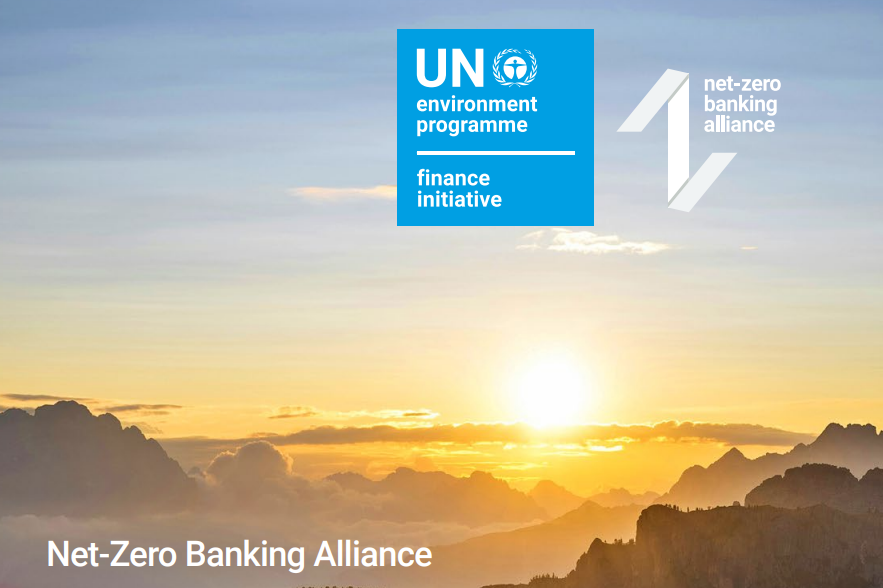Canada Issues Final Guidelines on Environmental Claims under the Competition Act
The Competition Bureau has released its final guidance on environmental claims following recent amendments to the Competition Act. The updated rules clarify what qualifies as proper testing and substantiation for both product-level and business-level environmental claims.

On 5 June 2025, the Competition Bureau of Canada published its final guidelines on environmental claims. These follow two rounds of public consultations in response to legislative changes introduced to the Competition Act in June 2024. The updated rules, part of the Bureau’s response to concerns about greenwashing, clarify how environmental representations are assessed under deceptive marketing provisions.
Legal Context
Amendments to the Competition Act introduced explicit prohibitions against greenwashing. Businesses making environmental claims must now meet one of two new provisions. First, product-level environmental claims must be supported by “adequate and proper testing”. Second, claims about the environmental benefits of a business or activity must be “adequately and properly substantiated in accordance with an internationally recognised methodology”.
The Act does not restrict the types of environmental claims businesses may make. However, they must not be false or misleading. Penalties for violations include fines up to C$10 million for a first offence, and up to C$15 million – or 3% of global revenue – for subsequent ones.
Product Claims: Testing Requirements
The guidelines clarify that "adequate and proper testing" refers to actual testing intended to establish a product’s quality, performance, or reliability. Testing must be conducted before the claim is made. The Bureau notes that anecdotal stories, assumptions based on similar products, and general market observations do not constitute adequate and proper testing under the law.
Business-Level Claims: Methodological Standards
For environmental claims related to a business or its activities, the guidelines require "adequate and in accordance with an internationally recognised methodology". Substantiation must be suitable, appropriate, and sufficiently rigorous to support the specific claim. Where the methodology requires it, third-party verification is expected. This may include scientific or lifecycle-based assessments, depending on the claim.
For example, a business intending to claim progress towards net-zero by 2050 must establish a verifiable baseline of greenhouse gas emissions, a detailed and realistic reduction plan, interim targets, and appropriate substantiation in line with an internationally recognised methodology.
Future-Oriented Environmental Claims
The Bureau states that future-oriented environmental claims – such as net-zero pledges – must be supported by substantiation and a credible implementation plan. Without a clear, realistic, and verifiable pathway, such claims may be regarded as misleading. Interim milestones and meaningful actions already underway are also considered relevant in determining adequacy.
Additional Requirements and Practical Implications
The guidance outlines further principles to ensure that environmental claims are clear, specific, and not misleading. Claims should avoid exaggeration and vagueness. Comparative environmental claims should identify precisely what is being compared.
While not legally binding, the guidelines serve as an interpretive aid and may influence enforcement decisions or Tribunal proceedings. They build on prior enforcement actions, such as those involving Keurig and Volkswagen, and reflect ongoing regulatory scrutiny of environmental messaging.
Market Impact
Following the amendments to the Competition Act, several Canadian businesses have reconsidered their environmental marketing. For instance, RBC announced the withdrawal of its C$500 billion sustainable finance target, citing the regulatory uncertainty introduced by recent amendments to the Competition Act.
The finalised guidelines provide structure and consistency in assessing environmental claims. The Bureau reiterated that such claims significantly influence consumer behaviour and highlighted the need for accuracy and substantiation.



